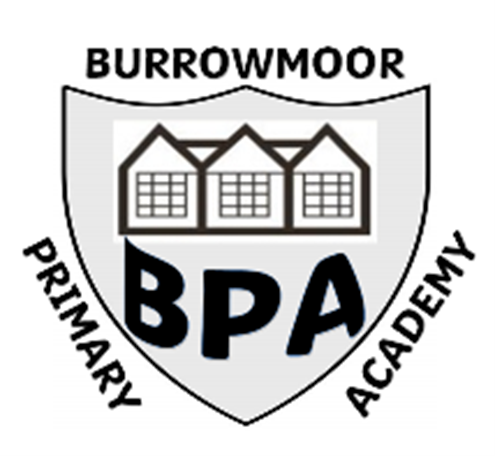Religion and Worldviews
RE in Key Stage 1
Beliefs and teachings:
In KS1, pupils begin to recall and name different beliefs and main festivals associated with religions. Pupils are taught to recognise different religious symbols, their relevance for individuals and how they feature in festivals. By the end of KS1, pupils will be able to
-
describe the main beliefs of a religion;
-
describe the main festivals of a religion;
Rituals, ceremonies and lifestyles:
In KS1, pupils begin to explore daily practices and rituals of religions, identifying religious practices and recognising that some are featured in more than one religion. Children begin to reflect on their own experiences of attending ceremonie
By the end of KS1 children can
-
recognise, name and describe religious artefacts, places and practices.
-
explain religious rituals and ceremonies and the meaning of them, including their own experiences of them;
-
observe when practices and rituals are featured in more than one religion or lifestyle.
How beliefs are expressed:
Pupils explore a range of sources of wisdom and the traditions from which they come. They can suggest some meanings to religious stories. pupils begin to recognise different symbols and how they express a community’s way of life.
By the end of KS1, pupils can:
-
name religious symbols and the meaning of them;
-
learn the name of important religious stories;
-
retell religious stories and suggest meanings in the story
Time to reflect and personal growth:
Pupils look at how an appreciation of religion plays an important role in the lives of some people. They make links to expressing identity and belonging and what is important to them.
By the end of KS1, pupils can:
-
identify things that are important in their lives;
-
ask questions about the puzzling aspects of life;
-
understand that there are similarities and differences between people.
Values:
Pupils look at and appreciate how many people’s values are an important aspect of their lives. Pupils look at religious stories to understand actions and consequences. They begin to make connections to their own lives, looking at their own actions and consequences and choices they can make.
By the end of KS1, pupils can:
-
look at how values affect a community and individuals;
-
explain how actions can affect other people;
-
understand that they have their own choices to make and begin to understand the concept of morals.
RE in Key Stage 2
Beliefs and teachings:
In KS2, pupils can describe the key beliefs and teachings of the religions studied, making some comparisons between religions. Children expand on their knowledge of world religions from KS1.
pupils can:
-
describe the key teachings and beliefs of a religion;
-
begin to compare the main festivals of world religions;
-
refer to religious figures and holy books.
Rituals, ceremonies and lifestyles:
Moving on from KS1, pupils look at the concepts of belonging, identity and meaning. Pupils understand what belonging to a religion might look like, through practices and rituals, and what it might involve. They begin to discuss and present thoughtfully their own and others’ views. Pupils also explore pilgrimages as a part of a religious life.
Pupils can:
-
identify religious artefacts and how they are involved in daily practices and rituals;
-
describe religious buildings and how they are used;
-
explain religious ceremonies and rituals and their importance for people’s lives and sense of belonging
How beliefs are expressed:
In KS2, pupils explore the expression of beliefs through books, scriptures, art and other important means of communication. Pupils then move on to exploring a range of beliefs, symbols and actions to express meaning. They can explain the meaning of religious stories and sources of wisdom and the traditions from which they come.
Pupils can:
-
begin to identify religious symbolism in different forms of art and communication;
-
looking at holy texts and stories, explain meaning in a story;
-
express their beliefs in different forms, with respect for others’ beliefs and comparing beliefs.
Time to reflect and personal growth:
In KS2, pupils further explore how an appreciation of religion plays an important role in the lives of some people. They make links to expressing identity and belonging, including links to communities they may belong to. They notice and respond sensitively to different views.
Pupils can:
-
understand that personal experiences and feelings can influence their attitudes and actions;
-
offer suggestions about why religious and non-religious leaders and followers have acted the way they have;
-
ask questions that have no agreed answers, and offer suggestions as answers to those questions;
-
understand that there are similarities and differences between people and respect those differences.
Values:
Pupils develop their appreciation of the ways in which people’s values are an important aspect of their lives. They make links to responsibility and citizenship and choices they make affecting their lives. Pupils begin to understand the concept of shared values and how a community can use shared values.
Pupils can:
-
make informed choices and understand the consequences of choices;
-
describe how shared values in a community can affect behaviour and outcomes;
-
discuss and give opinions on morals and values, including their own.
